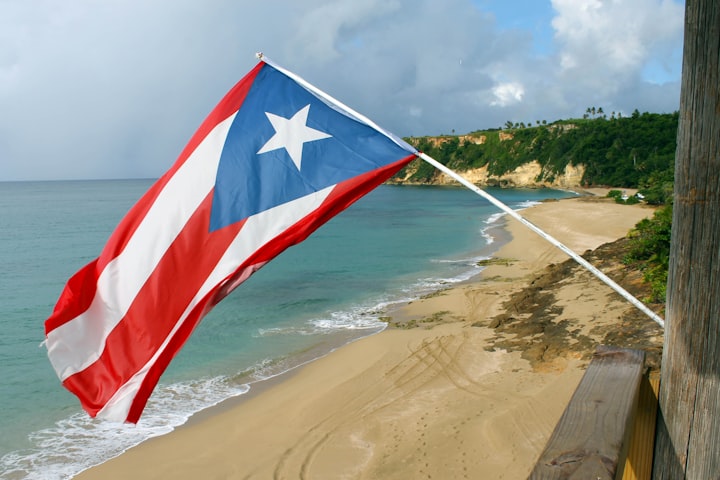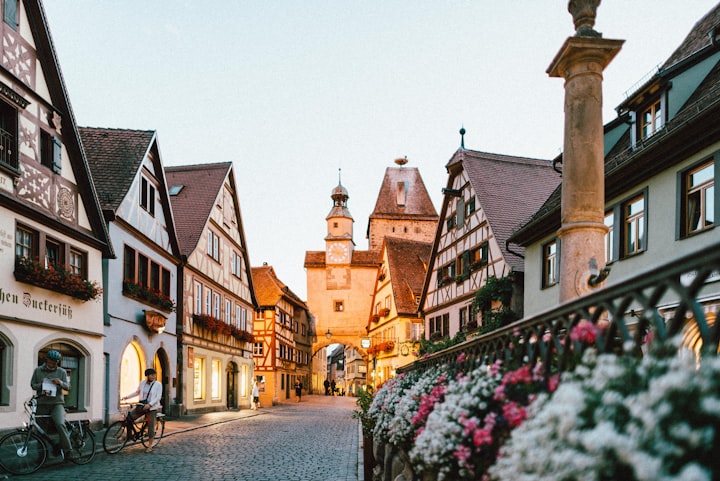
For over 400 years from 1508 to 1898, Puerto Rico was a colonial possession of Spain and an integral part of Spain's empire in the Americas. The island provided agricultural products like sugar, tobacco and coffee that supported the Spanish economy and fueled trade. Spain also used Puerto Rico as a military outpost to help defend its colonial interests in the Caribbean region. Under Spanish rule, the rights of the Puerto Rican people were limited, and they had little say in the governance of their own island. Though there were occasional small uprisings, Spanish control remained firm until the late 19th century.
The Spanish-American War Leads to Annexation
In 1898, the Spanish-American War broke out, initially focused on the issue of Cuban independence from Spanish colonial rule. Though not directly involved in the tensions between Spain and Cuba, Puerto Rico was dramatically impacted by the war. As one of the results of America's victory over Spain, Puerto Rico was ceded to the United States along with Guam and the Philippines as part of the Treaty of Paris, which ended the conflict. Spain's long rule over Puerto Rico thus came to an end.
Early Years Under American Administration
On July 25, 1898, American troops landed on the shores of Puerto Rico and took formal control of the island. This marked the beginning of American administration over Puerto Rico. Initially, the U.S. established a military government in Puerto Rico, headed by General Nelson A. Miles. Though there was some resistance and unrest among the Puerto Rican people against the imposition of American rule, the U.S. was able to secure control over the island by the end of 1898 using its military strength.
Establishment of Civilian Government and Granting of Citizenship
In 1900, the U.S. passed the Foraker Act which established a civilian government in Puerto Rico, though still under overall U.S. authority. The act also imposed American citizenship on the people of Puerto Rico without their consent. In 1917, the Jones Act went further by granting unconditional U.S. citizenship to all Puerto Ricans and providing for a Resident Commissioner to represent Puerto Rico in Congress, albeit without voting rights. These measures by the U.S. aimed to tighten links with Puerto Rico, but were still short of full inclusion.
Debates Around Statehood and Independence
Since annexation, the island has existed in a state of limbo. Puerto Rico is considered an unincorporated U.S. territory, which means not all provisions and rights of the U.S. Constitution automatically apply there. Puerto Ricans still lack voting rights and representation equal to U.S. states. There has been an ongoing debate around whether Puerto Rico should push for statehood, independence, or maintain some form of territory status. Multiple referendums have been held on this issue over the decades without a clear resolution, as views both for and against closer ties with the U.S. have strong support in Puerto Rico.
In summary, while the U.S. succeeded in taking control of Puerto Rico in 1898, it created a long-term relationship that lacks full political rights and consensus on the island's future status. The question of how to resolve Puerto Rico's status continues to be an issue of intense dispute.
Final Thoughts on Lasting Impacts
Over a century after U.S. annexation, Puerto Rico maintains an ambiguous status as neither a fully incorporated state nor a fully sovereign nation. While some welcome U.S. citizenship, others argue this was imposed without self-determination. Puerto Rico still lacks the federal voting rights and congressional representation afforded to U.S. states. Additionally, centuries of colonial rule have impacted Puerto Rican culture, economics and national identity. The lasting impacts and future status remain complex issues tied to the island's history as a colonized territory.






Comments
There are no comments for this story
Be the first to respond and start the conversation.